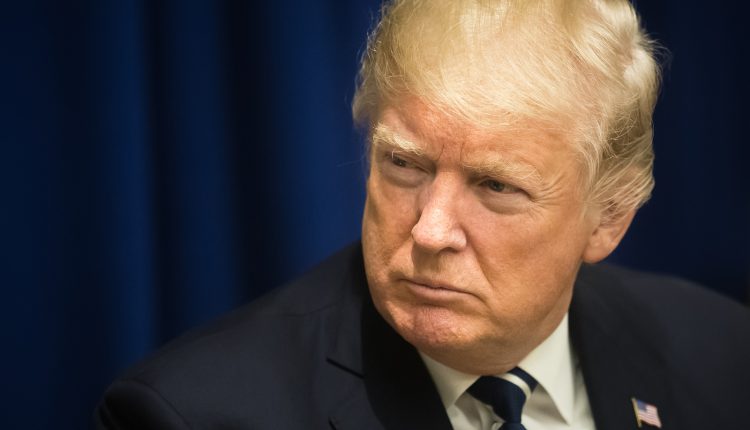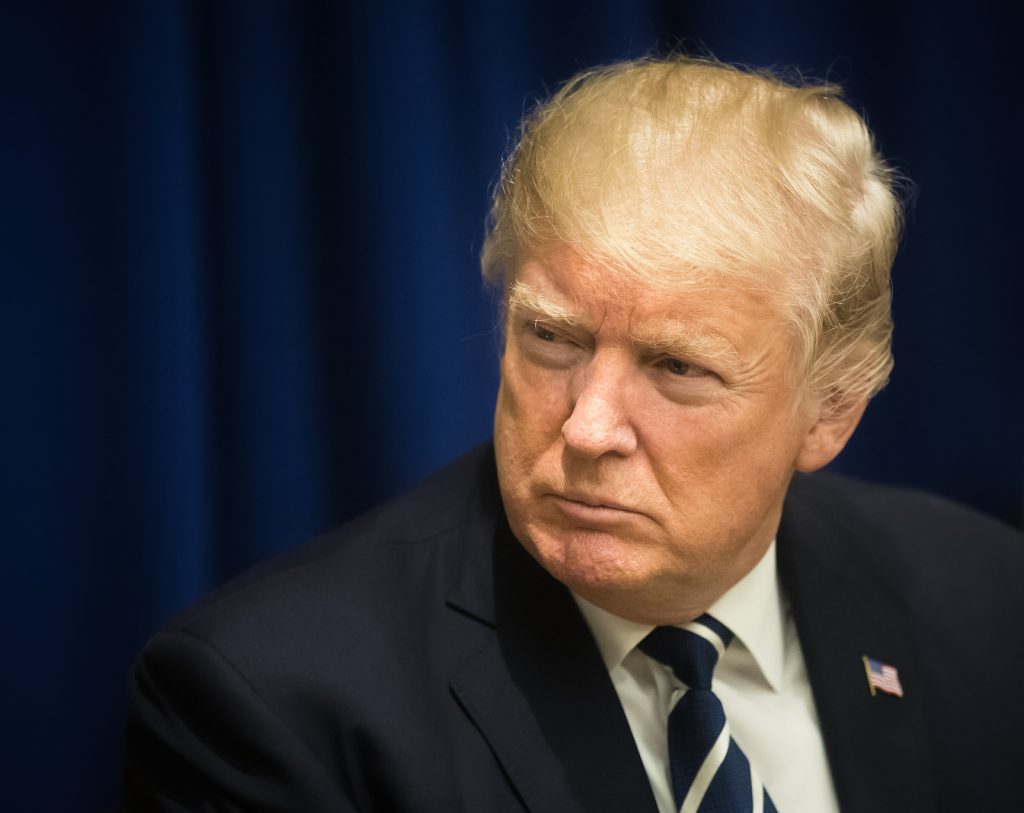
Will Student Debt Bury Trump in 2020 Election?
Is higher education worth the financial burden? Americans owe somewhere in the ballpark of 1.6 trillion dollars in student debt. Breaking the numbers down, one in six Americans owes money on a federal student loan. Results from a 2018 Canadian University Survey Consortium showcased that half of the graduating students surveyed completed with debt, with the average debt reported as $27,929. New interest rates in Canada are calculated at monthly payments of $335 and an estimate of about a decade to clear this debt.
Erika Shaker, Director of the education project at the Canadian Centre for Policy Alternatives told Global News, “By downloading these costs onto students and their families, they’re in a more precarious position after they graduate because of the debt you’ve had to accumulate … and the anxiety that comes with knowing you have to pay it back quickly, you can’t fall into arrears.” Shaker added that these debts result in people delaying having children, buying houses, or it creates a situation where they must continue living with their parents well into adulthood.
Dr. Tsasha Awong, Continuing Education Sessional Lecturer at Ryerson University told The Dales Report, “The Canadian government has long identified access to post-secondary education as a relevant social goal — in particular for underrepresented groups in college/university settings (such as racialized groups, mature students, those with disabilities). Many researchers have identified financial insecurity as a major systemic barrier to getting an education.”
There is an added focus on younger demographics as a part of the 2020 US election platform, with talk of eliminating student debt, allowing millions of Americans debt forgiveness, stimulating the US economy, and maybe even earning them a vote. Some of these strategies have been divisive. Many have come forward saying, “I had to pay off my student loans, why shouldn’t they?” sparking fiery debate.

Research released from the Levy Economics Institute of Bard College backing Democratic plans to reduce and eliminate student debt has shown that it will invigorate the economy in exciting ways. “The authors find that cancellation would have a meaningful stimulus effect, characterized by greater economic activity as measured by GDP and employment, with only moderate effects on the federal budget deficit, interest rates, and inflation (while state budgets improve). These results suggest that policies like student debt cancellation can be a viable part of a needed reorientation of US higher education policy.”
Awong emphasized the importance of programs that will remove some of the financial burden from students, “We know that the privilege of higher education builds social capital, and this capital yields many returns for people who can afford such an education. But what about those who cannot? For those who can barely afford tuition, $30,000 more in the hole seems unjustifiable. It would seem illogical to pursue a goal when, in the end, it might actually make our lives worse by contributing to further stress. It helps us understand why access to post-secondary programs (like Spanning the Gaps at Ryerson) are crucial in terms of providing appropriate supports.”
Positive indicators were found in another study featuring 10,000 borrowers, who had their loan discharged from a private debt company (National Collegiate), after it was unable to prove in court that it owned the debt that it was attempting to recover. One of the study co-authors Ankit Kalda said when such loans are forgiven the impact is meaningful as borrowers, “are also less likely to file for bankruptcy, or be foreclosed upon, or even default on their medical bills.”
As the debate rages on, it’s important to ask why anyone would begrudge programs that numerous reports have found will stimulate the economy. As the millennials become the most powerful voter population, only time will tell how the American public will vote for their financial and academic future.



